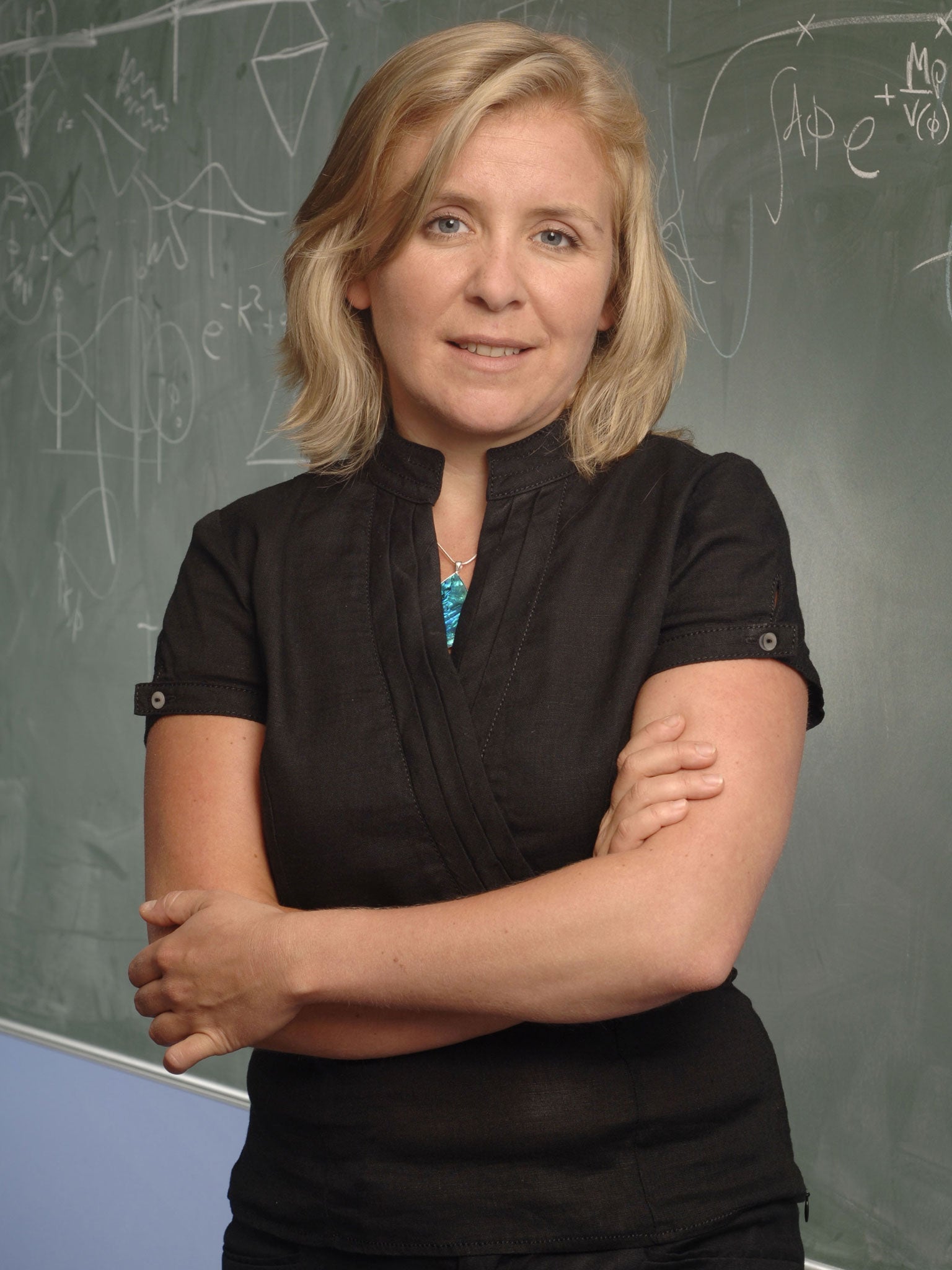Radio review: Lucy Kellaway's History of Office Life - Not safe for work... women and phones, apparently

Your support helps us to tell the story
From reproductive rights to climate change to Big Tech, The Independent is on the ground when the story is developing. Whether it's investigating the financials of Elon Musk's pro-Trump PAC or producing our latest documentary, 'The A Word', which shines a light on the American women fighting for reproductive rights, we know how important it is to parse out the facts from the messaging.
At such a critical moment in US history, we need reporters on the ground. Your donation allows us to keep sending journalists to speak to both sides of the story.
The Independent is trusted by Americans across the entire political spectrum. And unlike many other quality news outlets, we choose not to lock Americans out of our reporting and analysis with paywalls. We believe quality journalism should be available to everyone, paid for by those who can afford it.
Your support makes all the difference.Janet Hogarth graduated with a First in philosophy from Oxford in the 1890s and became the Bank of England's first female employee. She was given the task of counting cancelled bank notes – a job which entailed six months' training (learning to count, presumably). She eventually moved on, she wrote, "dying of boredom", and worked on Encyclopaedia Brittanica.
As Lucy Kellaway found out in Thursday's edition of her terrific 10-part History of Office Life, when more women followed Hogarth to Threadneedle Street (paid less, they were simply an economy measure), they had a different entrance, working hours and meal times staggered with the men's, and worked behind screens lest they disturb the excitable menfolk.
On Friday, Kellaway took a brisk romp through office equipment, and found that the telephone was initially considered as much of a nuisance as the dolly birds: Schroders bank, for example, refused to go in the directory for fear that incoming calls would distract the workers. William Preece, the chief engineer of the Post Office, dismissed the new-fangled instrument as "a substitute for servants … I have one in my office, but more for show. If I want to send a message, I employ a boy to take it." If I want to send a message, I employ a boy to tweet it.
I remember in the mid-Nineties when the first voice-synthesising software became available in my office. Hilarious, we all thought. But vital for some. In Klatt's Last Tapes (Radio 4, Friday ****) the writer Lucy Hawking, Stephen's daughter, explored the history of voice-synths, in particular the pioneering work of Dennis Klatt.
She met Klatt's daughter, Dr Laura Fine, who played her the voices her father had put together using himself and his family as raw material. He'd given them names – Perfect Paul (Dennis), Beautiful Betty (his wife) and Kit the Kid (Laura). "I have to tell you," said Hawking, "that Perfect Paul sounds just like my dad ... So that means my father is talking with your father's voice." It seemed an emotional moment for both of them. Klatt died of thyroid cancer aged 50, having left a huge legacy. "I had never really thought before," said Fine, "that my father's voice lives on."
Join our commenting forum
Join thought-provoking conversations, follow other Independent readers and see their replies
Comments